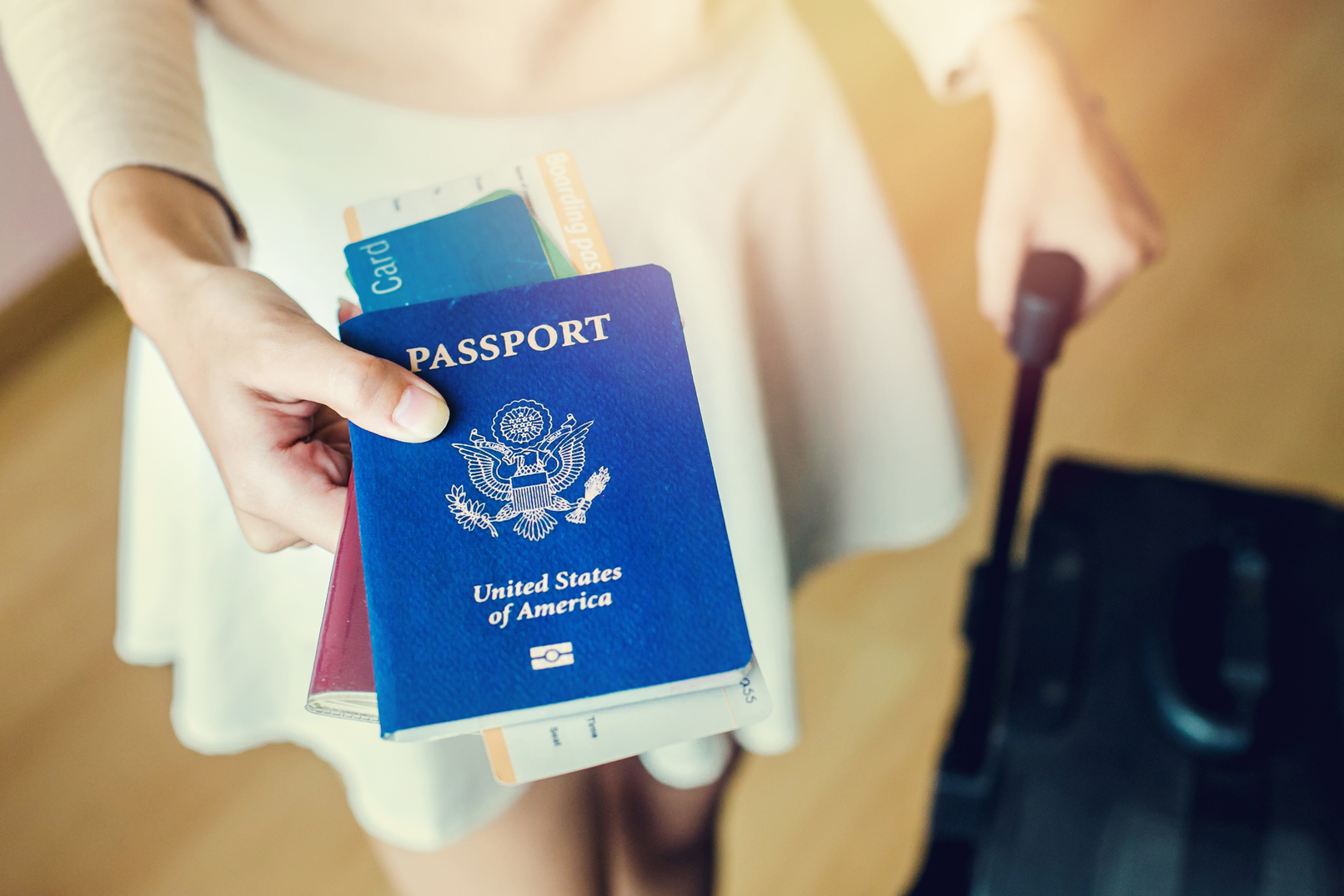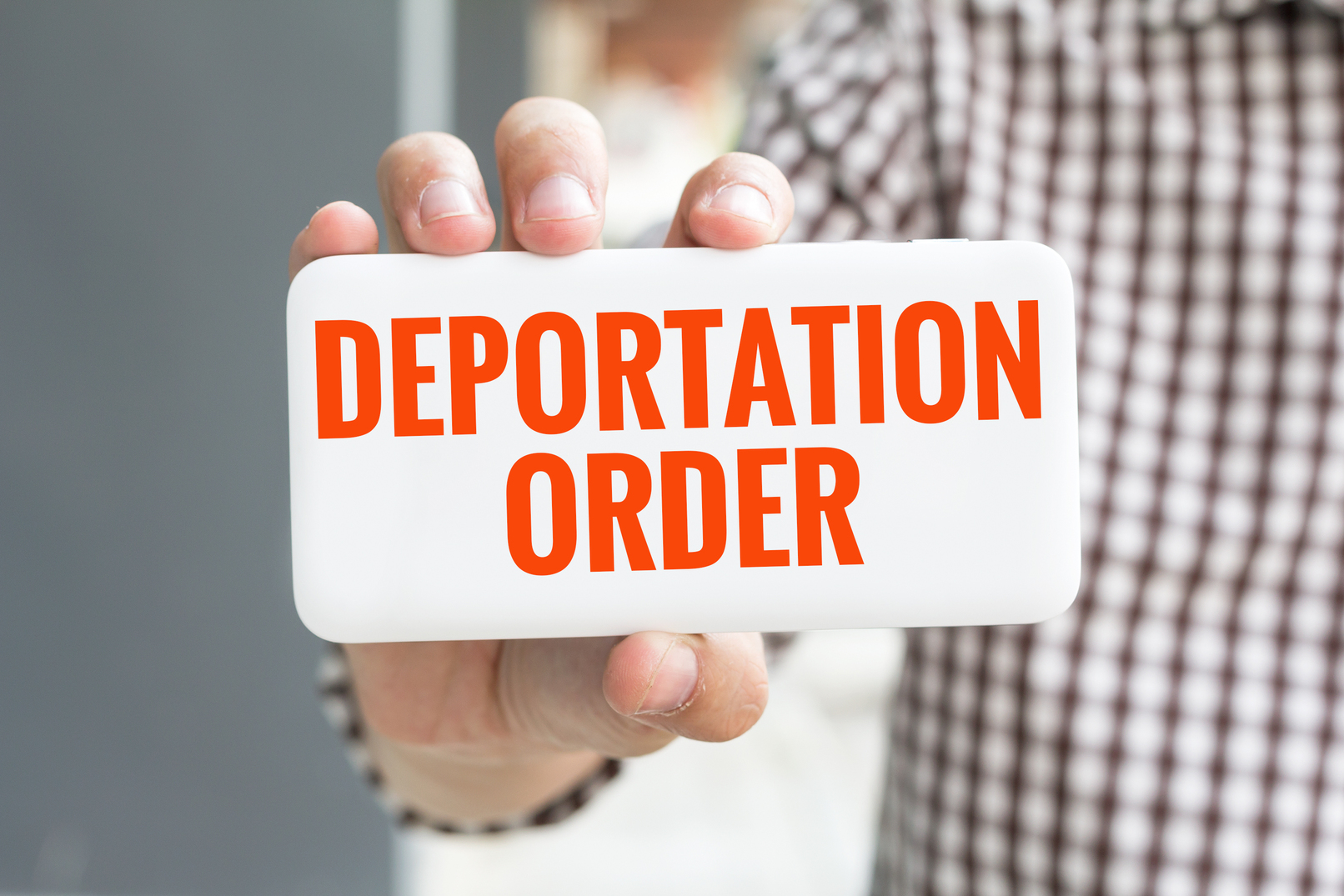The ruling stemmed from the arrest of a man who had yelled "f--- you" out of his car window at an Arkansas state trooper.
A vast New Mexico oilfield lies near Carlsbad Caverns National Park, a region comprised of deserts and caves. The federal government recently has allowed substantial oil and gas development in this area. This may affect the stability of the terrain and the air quality near the national park, according to WildEarth Guardians. This environmentalist group…
On Thursday, May 23, 2019, the Center for Biological Diversity and San Francisco Baykeeper sued the United States Fish and Wildlife Service in the United States District Court for the Northern District of California for failing to protect eight highly imperiled species in the United States. The U.S. Fish and Wildlife Service determined that the longfin smelt, Hermes Copper butterfly, Sierra Nevada red fox, red tree vole, eastern gopher tortoise, Berry Cave salamander, Puerto Rico harlequin butterfly, and marrón bacora all warrant protection as afforded under the Endangered Species Act, 16 U.S.C. §§ 1531-1544. The plaintiffs are suing U.S. Fish and Wildlife Service for failing to actually provide protection as mandated by the law.
The State of California has filed a new lawsuit against the Trump administration, arguing that the Federal Railroad Administration's sudden decision to pull almost $1 billion in funding for a planned high-speed rail connection between San Francisco and Los Angeles was payback for the state's opposition to Trump's plans to construct a wall along the southern border of the US as part of his immigration policy. The state's lawsuit alleges that in the days following certain criticisms made by California Governor Gavin Newsom of Trump's border wall plans, Trump made a series of Tweets criticizing the state's position on his immigration policies as well as its handling of the rail project, demonstrating the link between the funding cancellation and the border wall dispute.
New Jersey and other states are supporting the effort of a Navy veteran from Colorado to challenge the binary gender designations on passport applications. The case could affect how the federal government refers to non-binary individuals.
Several US states and municipalities filed a law suit earlier this week challenging “conscience” regulations, issued by the Department of Health and Human Services (HHS), which allow individual health care providers to deny health care information, access, and coverage based upon objections related to personal “conscience".
Last week, Connecticut Attorney General William Tong, 42 other state attorneys general, and Puerto Rico filed a lawsuit in federal court in Connecticut against 20 manufacturers of generic drugs. The lawsuit alleges that the manufacturers are engaged in an illegal price-fixing scheme, driving up the costs of generic drugs for consumers, sometimes by several thousand percent. Over 500 pages, the complaint describes in detail the historical behavior of the companies that allegedly amounts to 33 counts of anti-competitive behavior in violation of federal antitrust law.
On Monday, May 13, 2019, the United States Supreme Court granted certiorari in Apple, Inc. v. Pepper, 587 U.S. __ (2019). Four iPhone users sued Apple, Inc., alleging that the company monopolized the app market, which resulted in higher-than-competitive prices for apps. Apple argued that the consumer-plaintiffs were barred from suing Apple since the consumer-plaintiffs were not "direct purchasers" from Apple, as defined in Illinois Brick Co. v. Illinois, 431 U.S. 720, 745-746 (1977). The District Court agreed with Apple, while the Ninth Circuit Court of Appeals reversed and concluded that the consumer-plaintiffs were direct purchasers because they purchased the apps directly from Apple.
The family of a 24-year-old bartender who was employed at a Florida restaurant owned by Tiger Woods is suing the pro golfer for wrongful death. The lawsuit states that Woods and his girlfriend, who allegedly manages the restaurant, should have stopped the employee from drinking excessively, which he reportedly did before dying in a single-vehicle car crash.
Immigrants in California can still be deported if they were convicted of a crime involving marijuana before voters approved the legalization of the drug in 2016.










